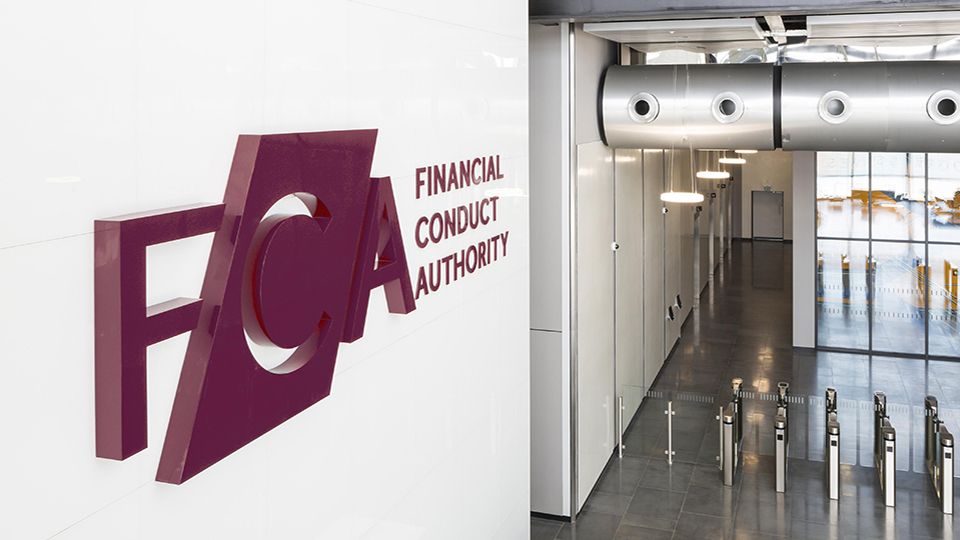The Financial Conduct Authority (FCA) is continuing to back the climate transition in UK financial services by asking the industry for feedback on linking remuneration with sustainability outcomes.
The UK regulator today released the discussion paper Finance for positive sustainable change: governance, incentives and competences in regulated firms in which it asked for feedback on best practice within sustainability-related governance, incentives and competencies.
“We increasingly expect firms to assess and integrate material sustainability risks, opportunities and impacts into their operations and financing activities,” the paper said.
“We also expect firms to be accountable for their sustainability-related claims and commitments, linking their governance arrangements and incentive structures to their stated objectives, and building relevant skills and capabilities across their organisations.”
Specifically, it asked firms to feed back how governance incentives and competencies align with their integration of sustainability-related considerations and demonstrate “their commitments to positive change”.
It also asked firms to share their approaches to training, how they overcome challenges and potential gaps, and whether existing guidance in this area needs to be updated. It also included 10 commissioned articles from international thought leaders on different aspects of governance, remuneration, incentives, training and stewardship for asset managers and owners to review.
“One of the target outcomes under our ESG strategy is active investor stewardship that positively influences companies’ sustainability strategies, supporting a market-led transition to a more sustainable future. While wider aspects of the regulatory framework for asset management will be covered in other future work, in this paper we are inviting specific feedback on how FCA-regulated asset managers and asset owners govern and incentivise effective investor stewardship,” the paper continued.
It also flagged that the focus for firms is moving beyond climate to social factors such as diversity, human rights and biodiversity so it asked how these are also considered.
The work will affect a proposed amendment to the Financial Services and Markets Bill 2000 and could lead to a new regulatory principle for the FCA to “have regard to the need to contribute towards achieving the government’s target of reaching net-zero greenhouse gas emissions by 2050”.
Supporting firms
In a blog accompanying the discussion paper’s release, Sacha Sadan, director of ESG at the FCA, wrote: “To deliver the transition to net zero, we will need a transformation of unprecedented pace and scale. Supporting firms is key. We know that many firms in the market are already doing this, we want to work with industry to ensure firms are able to do this well and able to do it consistently.
“At the core of our work, we want to see where the market is moving and highlight better practices to help and guide the industry. What gets measured and incentivised gets done.
“We want to see active investor stewardship that supports a market-led transition to a more sustainable future. We are also inviting specific feedback on how FCA-regulated asset managers and asset owners govern and incentivise effective investor stewardship.
“We would really like your feedback on our paper and the role we should play, including on the suitability of our current regulatory framework in adapting to achieve positive change.”
Firms have until 10 May 2023 to email their feedback to dp23-1@fca.org.uk.
Reaction
Gavin Templeton, managing director at climate and nature advisory and investment firm Pollination, said this consultation is a “welcome signal” and will encourage those who are yet to engage with ESG issues to do so.
“While the finer details need to be worked out, especially whether small to medium-sized firms are in scope, it will offer some helpful guardrails to start the sustainability conversation at the board level.
“However, the reality is that ESG is so much more of a value creation opportunity than a mere box-ticking exercise. The most successful senior executives are those who are driving forward the transition of their business, which will ultimately lead to sustainable financial returns and, in turn, higher levels of remuneration. Business leaders shouldn’t need to be forced to reach targets with their pay packets at stake, they should be actively seizing the commercial opportunities that are emerging from the nature-positive, net-zero transformation underway.”
ESG drive
The FCA published its ESG strategy in 2021 and has since embarked on a number of initiatives and consultations to clamp down on greenwashing and improve transparency and education. Most well-known for the investment sector is the Sustainability Disclosures Requirements regime, which looks at fund labels and disclosures in particular and where a policy paper is expected in June.
The FCA has also scrutinised alternatives by writing to private equity CEOs about greenwashing, formed an ESG Data and Ratings Code of Conduct working group and established an ESG advisory committee.
Finally, just last week the regulator wrote to asset management firms asking how they deliver on their ESG claims outlining five supervisory priorities in light of what it described as “ineffective governance”.








